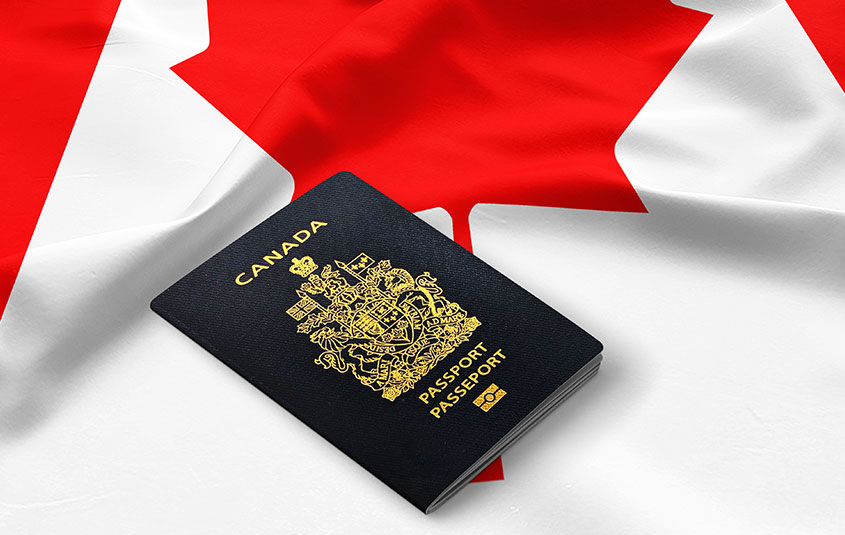Canada remains one of the most popular destinations for immigrants seeking new opportunities, thanks to its robust economy, high quality of life, and welcoming immigration policies. For those looking to relocate to Canada in 2024 and 2025, securing a VISA sponsorship is a critical step. This comprehensive guide outlines the best VISA sponsorship opportunities available, the types of jobs in demand, and how to apply.
Why Choose Canada for Relocation?
Canada offers numerous benefits for those considering relocation:
- High Quality of Life: Canada consistently ranks high in global quality of life indices.
- Diverse Culture: With its multicultural society, Canada is welcoming to people from all backgrounds.
- Economic Opportunities: Canada’s strong economy offers numerous job opportunities across various sectors.
- Healthcare and Education: Canada’s public healthcare system and education standards are among the best in the world.
Types of VISA Sponsorships in Canada
1. Employer-Sponsored Work Visas
This is one of the most common pathways for relocating to Canada. Canadian employers can sponsor foreign workers to fill positions when they cannot find suitable candidates locally. The key types of employer-sponsored work VISAs include:
- Temporary Foreign Worker Program (TFWP): Allows employers to hire foreign workers for temporary positions.
- International Mobility Program (IMP): Includes various work permit options that do not require a Labour Market Impact Assessment (LMIA).
2. Provincial Nominee Program (PNP)
Each province and territory in Canada has its own PNP, designed to address specific labor market needs. Through PNPs, provinces can nominate candidates for permanent residence who have the skills and experience required by their local job markets.
3. Global Talent Stream (GTS)
Part of the TFWP, the GTS is designed to help Canadian employers attract highly skilled foreign workers in the tech and IT sectors. This program features expedited processing times, making it an attractive option for tech professionals.
4. Atlantic Immigration Program (AIP)
This program targets immigrants willing to work in the Atlantic provinces: New Brunswick, Newfoundland and Labrador, Nova Scotia, and Prince Edward Island. It helps employers in these regions hire foreign workers for jobs they’ve been unable to fill locally.
Top Sectors for VISA Sponsorship in 2024 & 2025
1. Healthcare
With an aging population, Canada has a high demand for healthcare professionals. Jobs in demand include:
- Registered Nurses
- Physicians and Surgeons
- Medical Technologists
- Personal Support Workers
2. Information Technology
Canada’s tech sector is booming, creating a high demand for skilled IT professionals. Key roles include:
- Software Developers
- Data Scientists
- Cybersecurity Specialists
- IT Project Managers
3. Construction
The construction industry in Canada is experiencing rapid growth, requiring skilled and unskilled workers alike. In-demand positions include:
- Electricians
- Plumbers
- Carpenters
- Construction Laborers
4. Agriculture
Agriculture remains a vital part of Canada’s economy, particularly in rural areas. Jobs in this sector include:
- Farm Workers
- Agricultural Technicians
- Horticulturists
5. Hospitality and Tourism
The hospitality sector is recovering and expanding post-pandemic. There is a strong need for:
- Hotel Managers
- Chefs and Cooks
- Housekeeping Staff
- Tour Guides
How to Apply for VISA Sponsorship in Canada
1. Research and Identify Job Opportunities
Start by identifying the sectors and companies that are actively hiring and willing to sponsor VISAs. Job search platforms like Indeed, Workopolis, and LinkedIn can be invaluable resources.
2. Prepare a Strong Application
Your resume and cover letter should be tailored to the Canadian job market. Highlight relevant skills and experiences, and ensure your documents are formatted according to Canadian standards.
3. Apply for Jobs
Submit your applications through job portals and directly on company websites. Networking through LinkedIn and other professional networks can also help you connect with potential employers.
4. Secure a Job Offer
Once you receive a job offer, your employer will need to obtain an LMIA if required. This process verifies that no Canadian worker is available to fill the position.
5. Apply for a Work Permit
After the LMIA is approved, you can apply for a work permit. You will need to submit your job offer letter, LMIA approval, and other required documents to Immigration, Refugees and Citizenship Canada (IRCC).
6. Prepare for Your Move
Once your work permit is approved, you can start preparing for your move to Canada. This includes arranging accommodation, understanding local customs, and preparing for any necessary certifications or exams.
Tips for a Successful Application
1. Tailor Your Resume
Ensure your resume highlights your relevant experience and skills. Use keywords from the job description to align your resume with what employers are looking for.
2. Write a Compelling Cover Letter
Your cover letter should explain why you are a perfect fit for the role and how you can contribute to the company. Mention any relevant experience and your enthusiasm for relocating to Canada.
3. Network Actively
Building a professional network in Canada can open doors to job opportunities. Attend virtual job fairs, join industry-specific groups on LinkedIn, and reach out to professionals in your field.
4. Be Prepared for Interviews
Research common interview questions and practice your responses. Understanding the company’s culture and values can also help you stand out during interviews.
5. Stay Informed
Immigration policies and job market trends can change, so stay informed about any updates that might affect your application process.
Conclusion
Relocating to Canada in 2024 and 2025 offers numerous opportunities for those willing to take the plunge. With a variety of VISA sponsorship options available across different sectors, finding a suitable job is achievable with the right preparation and approach. Whether you’re a healthcare professional, IT expert, or skilled tradesperson, Canada’s diverse job market has a place for you. Follow the steps outlined in this guide, and you’ll be well on your way to starting a new life in Canada.
